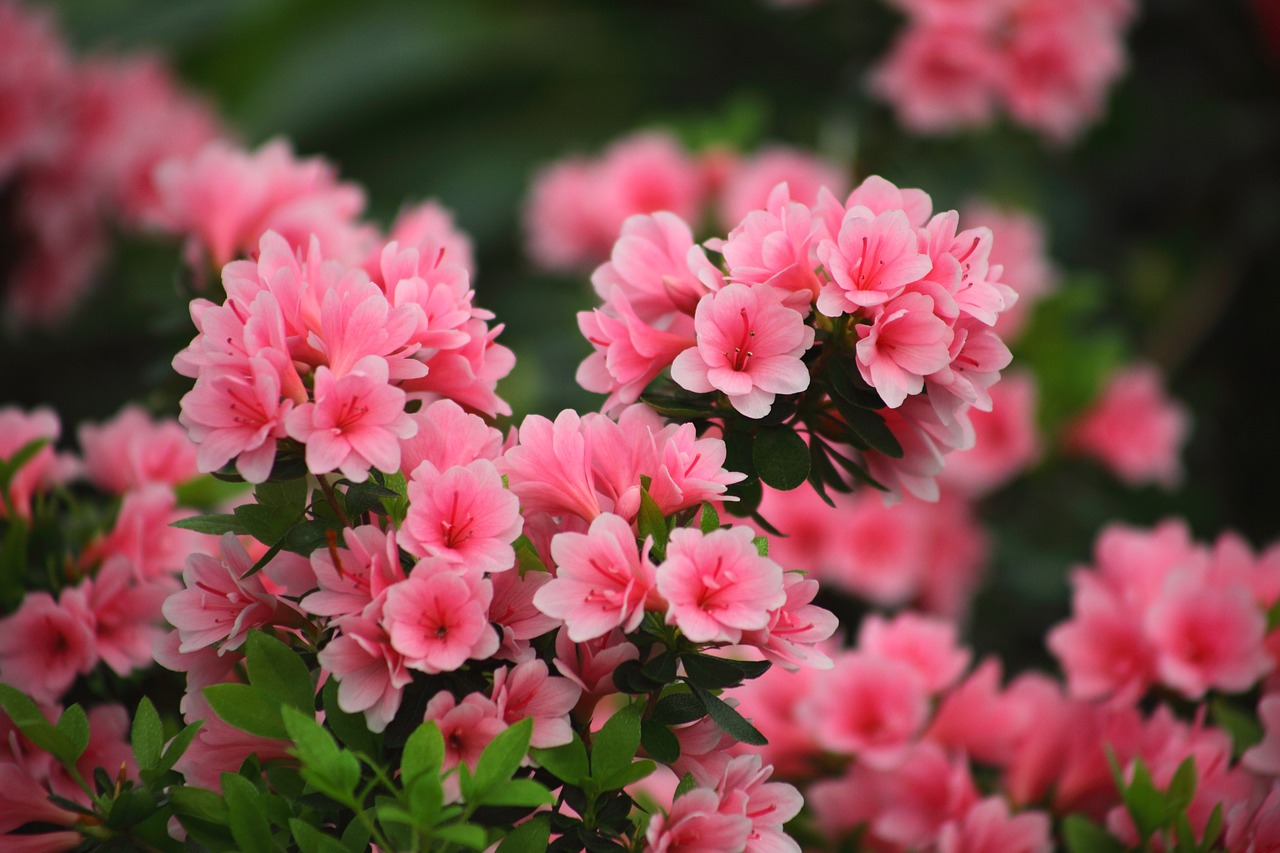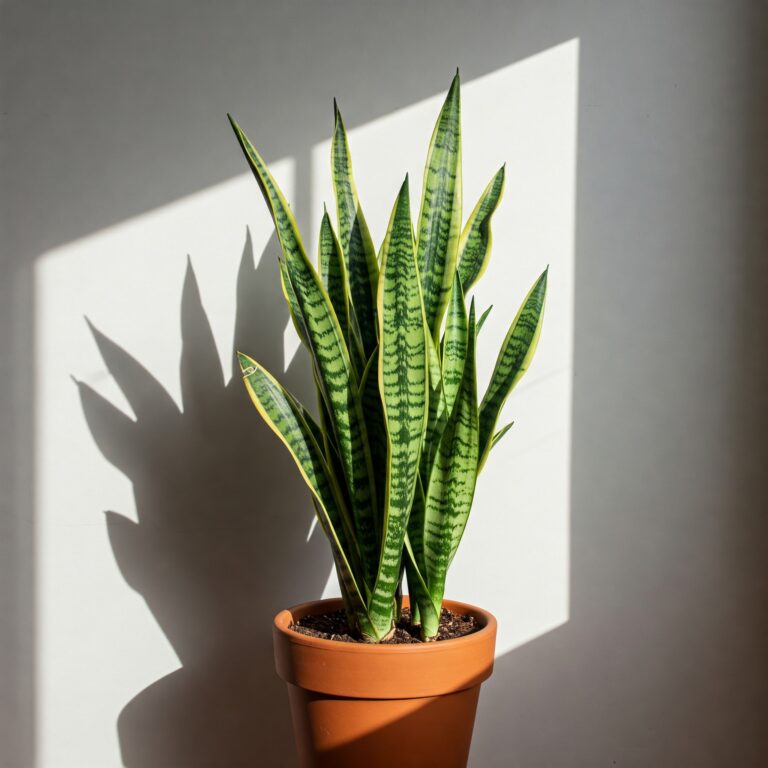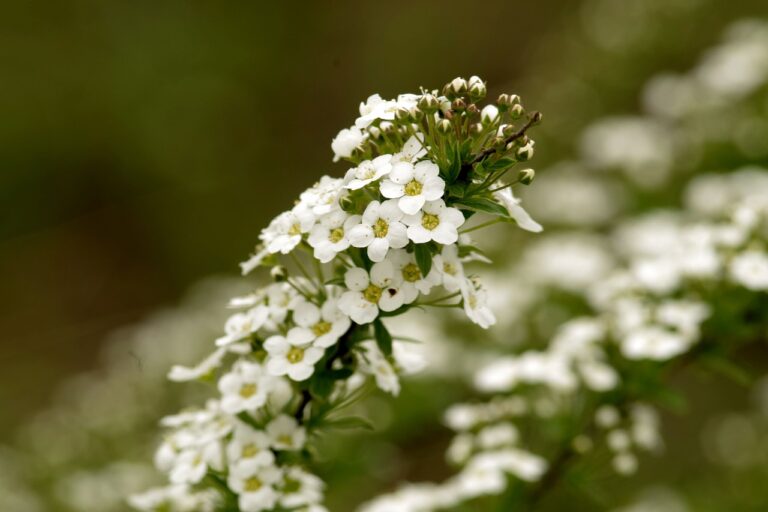If you’re a gardener, you’re probably familiar with neem oil. It’s a natural pesticide that’s extracted from the seeds of the neem tree. While neem oil is a great option for controlling pests, it’s important to know that it’s not suitable for all plants. In this article, we’ll discuss plants sensitive to neem oil.
Firstly, neem oil should not be used on plants that are sensitive to oil-based sprays. This includes plants with delicate or hairy leaves, such as ferns, palms, and succulents. The oil can clog the leaves’ pores, leading to suffocation and damage. Additionally, neem oil can cause discoloration and even death in some plants, so it’s important to be cautious when using it.
Secondly, you should avoid using neem oil on plants that are in direct sunlight. The oil can magnify the sun’s rays, which can cause the leaves to burn and wilt. It’s best to apply neem oil in the early morning or late afternoon when the sun is not as strong.
By following these guidelines, you can ensure that your plants stay healthy and pest-free without any negative side effects from neem oil.
Understanding Neem Oil
Neem oil is a popular and natural pesticide that is derived from the seeds of the neem tree. It has been used for centuries in traditional medicine and agriculture in India and other parts of the world. Neem oil contains various compounds with insecticidal, antifungal, and antibacterial properties.
When used correctly, neem oil can effectively and safely control pests and diseases in your garden. However, you must know that neem oil is not a silver bullet and may be ineffective against all pests and diseases. In addition, some plants are sensitive to neem oil and may be damaged if it is applied to them.
Here are some things to keep in mind when using neem oil in your garden:
- Neem oil is most effective when used as a preventative measure rather than as a cure for an existing pest or disease problem.
- Neem oil disrupts the life cycle of insects and other pests, so it may take several applications to see results.
- Neem oil is generally safe for beneficial insects, such as bees and ladybugs, but it is toxic to some insects, such as caterpillars and aphids.
- Neem oil should be applied in the early morning or late evening when temperatures are cooler, and bees and other beneficial insects are less active.
- Neem oil should not be applied to plants that are stressed, such as those that are wilted or suffering from drought.
- Neem oil should not be applied to plants sensitive to neem oil, such as ferns, some orchids, and succulents.
By understanding how neem oil works and which plants are sensitive to it, you can use this natural pesticide effectively and safely in your garden.
Potential Risks of Neem Oil
Using neem oil on plants can have potential risks if not used correctly. While neem oil is a natural pesticide and fungicide, it can harm some plants and beneficial insects if used improperly.
Here are some potential risks of using neem oil:
- Toxicity: Neem oil is toxic to some plants, especially those in the Solanaceae family, such as tomatoes, peppers, and eggplants. It can cause leaf burn and stunted growth.
- Beneficial Insects: Neem oil can harm beneficial insects such as bees, ladybugs, and butterflies if sprayed directly on them. It is best to avoid spraying neem oil during the blooming period of plants to avoid harming pollinators.
- Sun Sensitivity: Neem oil can make plants more sensitive to sunlight, especially if sprayed during hot weather. Spray neem oil in the evening or early morning to avoid sunburn.
- Staining: Neem oil can stain clothes, furniture, and other surfaces. It is best to wear protective clothing and cover any nearby surfaces before spraying neem oil.
- Storage: Neem oil can go rancid if not stored properly. It should be stored in a cool, dark place and used within a year of purchase.
Overall, neem oil can be an effective and natural way to control pests and diseases in plants. However, it is important to read the label and follow instructions carefully to avoid any potential risks.
Plants That Are Sensitive to Neem Oil
Here are a few examples of plants sensitive to neem oil:
Orchids
Orchids are known to be sensitive to neem oil. Avoid using neem oil in your garden if you have orchids in your garden. Neem oil can cause damage to the leaves and flowers of orchids, affecting their growth and overall health.
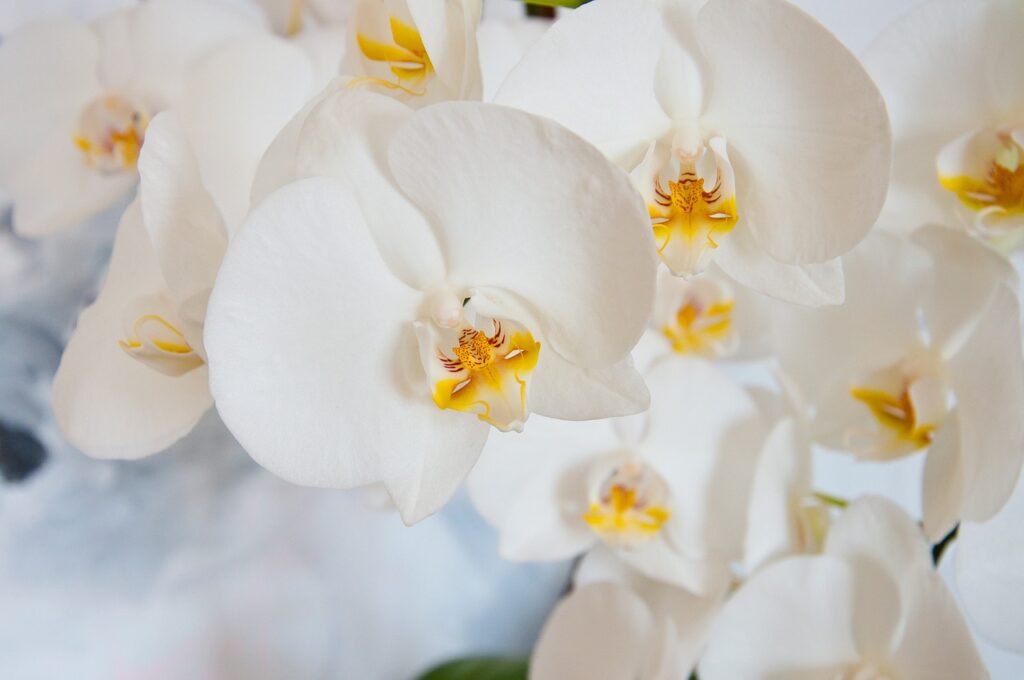
Sweet Peas
Sweet peas are another plant that is sensitive to neem oil. If you use neem oil on sweet peas, it can cause damage to the leaves and flowers, which can affect their growth and overall health. It is best to avoid using neem oil on sweet peas.
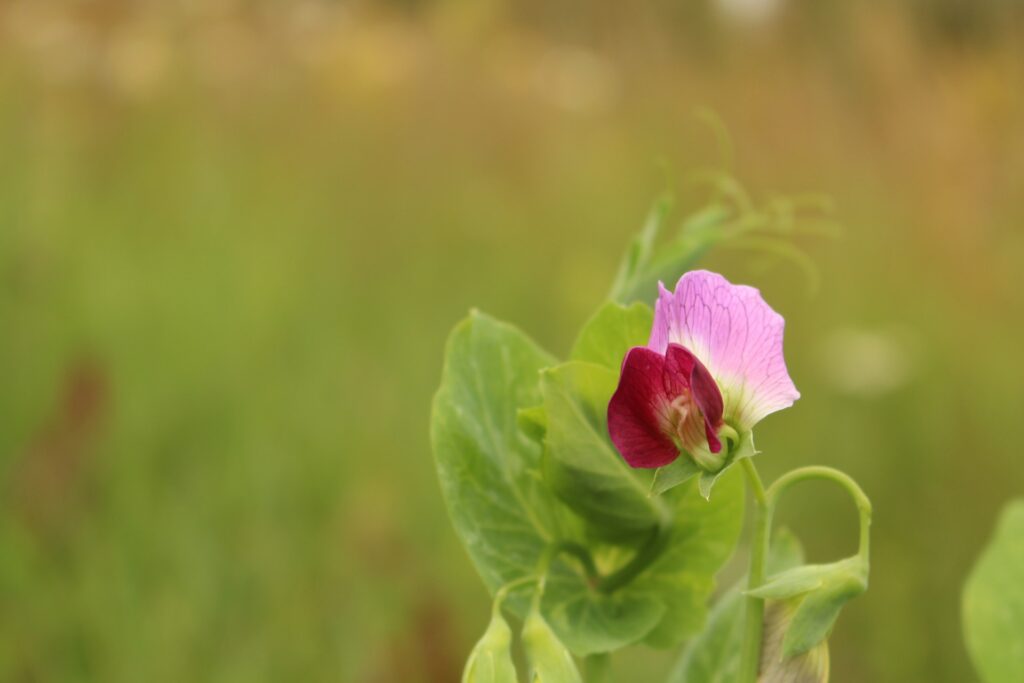
Azaleas
Azaleas are also sensitive to neem oil. If you use neem oil on azaleas, it can cause damage to the leaves and flowers, which can affect their growth and overall health. It is best to avoid using neem oil on azaleas.
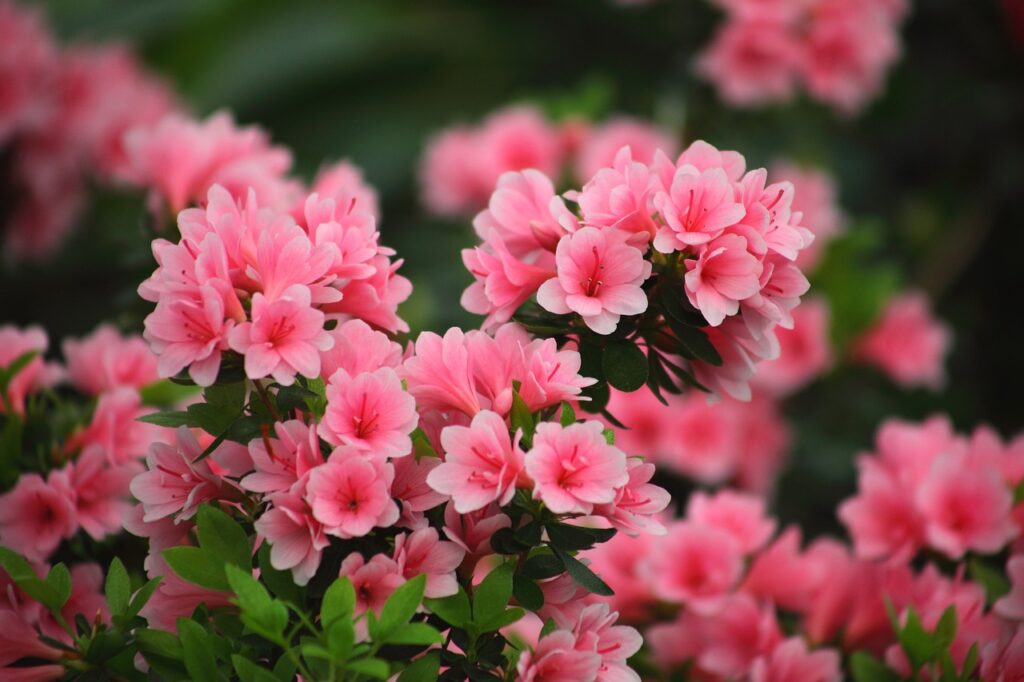
Other plants that are sensitive to neem oil include;
- Arugula
- Basil
- Caraway
- Chives
- Cilantro
- Dill
- Kale
- Lettuce
- Marjoram
- Oregano
- Parsley
- Pea
- Rue
- Sage
- Spinach
- Thyme.
If you have any of these plants in your garden, avoiding using neem oil on them is best.
Factors Contributing to Neem Oil Sensitivity
When using neem oil as a pesticide or fungicide, it is important to understand that not all plants are suitable for this treatment. Some plants may be sensitive to neem oil, which can cause damage to the leaves, stems, or roots. Here are some factors that can contribute to neem oil sensitivity:
- Plant species: Some plants are more sensitive to neem oil than others. For example, plants in the Solanaceae family (such as tomatoes, peppers, and eggplants) are more likely to be affected by neem oil than plants in the Brassicaceae family (such as broccoli, cauliflower, and kale).
- Plant age and health: Younger plants and those that are stressed or weakened are more likely to be sensitive to neem oil. If a plant is already struggling with pests or disease, neem oil may further damage the plant and worsen the problem.
- Environmental conditions: Neem oil can be more effective in cooler temperatures and lower humidity. In hot and humid conditions, neem oil may not be as effective and can cause more damage to the plant.
- Concentration and frequency of application: Using too much neem oil or applying it too frequently can cause damage to the plant. Follow the instructions on the label carefully and avoid overuse.
If you are unsure whether a plant is suitable for neem oil treatment, it is always best to test a small area first before treating the entire plant.
What Causes Root Rot In Orchids?
Alternatives to Neem Oil for Sensitive Plants
Regarding protecting your plants from pests and diseases, neem oil is a popular and effective option. However, some plants are sensitive to neem oil and may suffer damage or even die if it is used on them. If you have sensitive plants in your garden, there are several alternatives to neem oil that you can use to keep them healthy.
One alternative to neem oil is insecticidal soap. This is a natural and non-toxic option that can be used on various plants, including those sensitive to neem oil. Insecticidal soap works by suffocating insects and can control various pests, including aphids, mealybugs, and spider mites. Always follow the instructions carefully when using insecticidal soap, as it can harm beneficial insects.
Another alternative to neem oil is horticultural oil. This petroleum-based oil can be used to control insects and diseases on various plants, including those sensitive to neem oil. Horticultural oil works by suffocating insects and can control various pests, including scale insects, spider mites, and whiteflies.
If you prefer a natural option, you can use essential oils to control pests and diseases on your sensitive plants. Essential oils such as peppermint, rosemary, and thyme have insecticidal and fungicidal properties and can be used to control various pests and diseases. However, ensure that you dilute essential oils properly before using them on your plants, as they can be toxic if used in high concentrations.
Brown Leaves on Monstera: Causes and Solutions
Frequently Asked Questions
Which indoor plants are sensitive to neem oil?
Some indoor plants, including ferns, succulents, and some orchids, are sensitive to neem oil. If you’re unsure whether your indoor plant is sensitive to neem oil, it’s best to do a patch test on a small area before applying it to the entire plant.
How do I properly use neem oil on tomato plants?
To properly use neem oil on tomato plants, mix the oil with water and mild soap, then spray the mixture onto the tomato plants. Be sure to apply the mixture evenly and thoroughly, covering both the leaves and stem’s tops and bottoms.
What are the bugs that neem oil can effectively kill?
Neem oil can effectively kill a variety of bugs, including aphids, spider mites, whiteflies, thrips, and mealybugs. It can also help prevent future infestations by deterring pests from laying eggs on your plants.
How do I apply neem oil to the soil?
To apply neem oil to the soil, mix the oil with water and pour the mixture directly onto the soil around the base of the plant. This can help prevent soil-borne pests and diseases.
Can neem oil be used on all houseplants?
While neem oil is generally safe for most houseplants, some plants may be sensitive. It’s best to do a patch test on a small area of the plant before applying it to the entire plant.
When should neem oil not be used on plants?
Neem oil should not be used on plants during hot, sunny weather or when the plant is under stress. It’s also important to avoid using neem oil on plants in the flowering stage, as it can harm beneficial insects such as bees.
